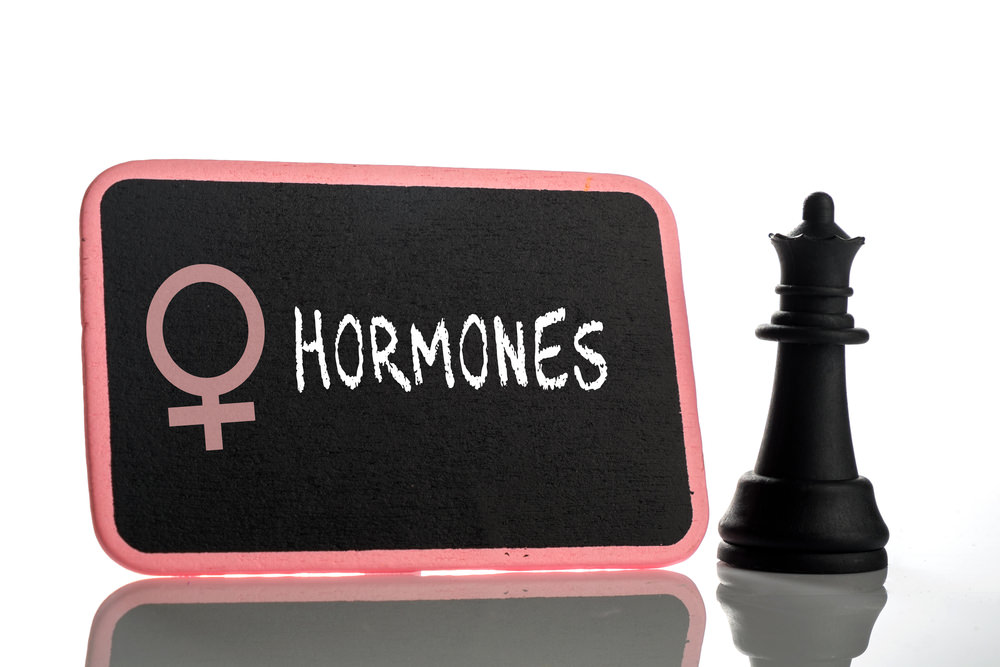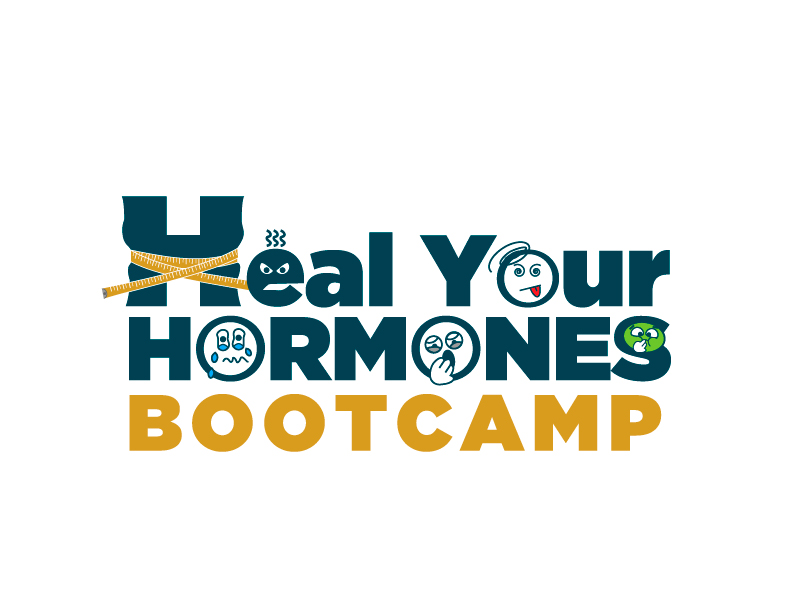Infant food addiction prevention

Infant food addiction prevention is possible when parents are well informed of their roles in caring for the children
Infant food addiction prevention: The best feeding habits for kids
When it comes to child protection, nothing is left to chance. We will always do all it takes to ensure the safety of our children and therefore, infant food addiction prevention must be top on our priority list. Ironically in our quest of bringing them up, we sometimes do certain things ignorantly that impacts quite negatively in the development of our children. We spoke with experts from AWAREmed Health and Wellness Resource Center under the leadership of Doctor Dalal Akoury MD and a veteran addiction expert whose primary objective is to make a difference in people’s lives. In her, over two decades of working experience doctor, Akoury has really made immense contributions in transforming peoples’ lives from all walks of life across the globe. We are therefore privileged to have such brains to help us understand some of the techniques for preventing childhood food addiction going forward in this discussion. Doctor Akoury is very categorical that children can eat and enjoy a wide variety of foods and textures and will not complain much as we do. It is important that all parents and guardians should to take the earliest opportunity when children are still young to encourage them to enjoy family meals and even go beyond the family means by trying a wide range of other foods, tastes, flavors, and textures.
Experts from AWAREmed Health and Wellness Resource Center have established that toddlers and young children have a natural ability to sense when they are hungry and when they are full a function that most of us adult may not have. Ordinarily children will learn to eat what the family eats and that will only be possible if they are offered the same food and encouraged to try it. Low-fat or restricted diets are not always recommended for toddlers primarily because this may result in poor growth and development. Nonetheless we all ore our children the duty of care to ensure that as we feed them they do not engage in feeding habit that can have serious addiction impact in their lives in the future. In that regard, let us take some time to briefly highlight some of the concerns parents may have in bringing up their children to be free from the temptation of being addicted to food.
Infant food addiction prevention: Involving children in decision making
Your role as parent to your child is to decide what food and when to offer it, but the child decides whether or not to eat and to what quantity they’ll eat. Remember that children eat when they’re hungry. They have a natural ability to sense when they are hungry and when they are full. Therefore insisting that your child eats more than they choose to is not advisable because doing so is likely to encourage them to overeat in the future and probably become addicted to certain foods particularly those that you are forcing on them. Professionally doctor Akoury recommends that you let your children decide whether they will eat and how much they will eat. This may not sound reasonable for you but remember it is one of the best techniques for preventing childhood food addiction. Let us reason together and keep our children safe. You can always reach me on telephone number 843 213 1480 to address any concern you may be having about your children feeding habits.
Infant food addiction prevention: The best feeding habits for kids








